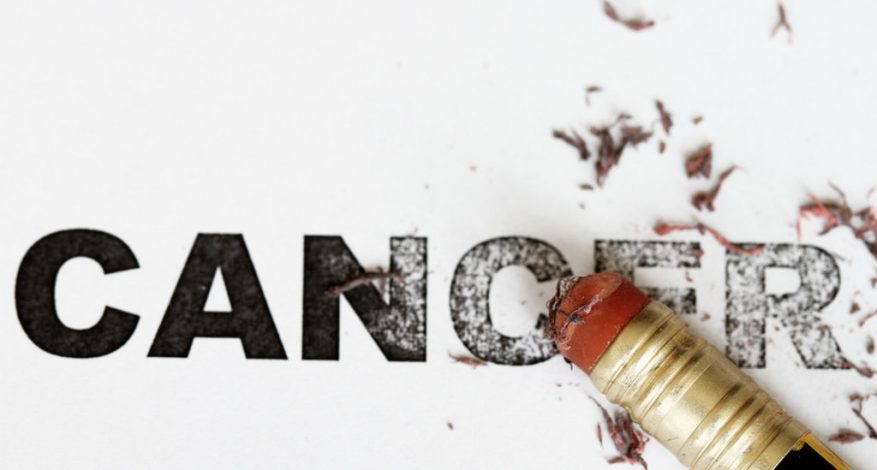Every year on February 4, World Cancer day is marked across the globe, including in Pakistan. Observing such days is a way to remind ourselves the importance of that issue. And this issue is particularly worth remembering as cancer contributes to a major burden of diseases worldwide. Each year millions of people are diagnosed with cancer around the world, and more than half of the patients eventually die from it. In many countries, cancer ranks the second most common cause of death following cardiovascular diseases. With significant improvement in treatment and prevention of cardiovascular diseases, cancer has or will soon become the number one killer in many parts of the world. According to estimates from the International Agency for Research on Cancer (IARC), there are 14.1 million new cancer cases and 8.2 million cancer deaths worldwide. It is usually not possible to know exactly why one person develops cancer. But research has shown that certain risk factors may increase a person’s chances of developing cancer. There are also factors that are linked to a lower cancer risk. These are sometimes called protective risk factors. In Pakistan most prevalent cancers include breast, lip and oral cavity, cervix uteri, colorectal and bladder cancer. Cancers responsible for the highest incidence in both the genders (total = 148,041) in Pakistani population includes breast which contributes to 23%, lip and oral cavity 8.6%, lung 4.6%, non-Hodgkin lymphoma 4% and colorectal 3.6%. Whereas, the cancers responsible for the highest deaths (total = 101,113) in Pakistani population includes breast 16.1%, lip and oral cavity 7.2% and 5.9% respectively, esophagus 4.7% and non-Hodgkin lymphoma 4.3%, according to the IARC report. As far as the non-communicable diseases are concerned in Pakistan, cancer is the leading cause of death. To-date, no study from Pakistan has reported age-standardised and cancer specific incidence and mortality rates among men and women and yet, we have to establish the National Cancer Registry in Pakistan. In many cases, what is known about cancer prevention is still evolving. However, it’s well-accepted that your chances of developing cancer are affected by the lifestyle choices you make. So if you’re concerned about cancer prevention, your major consideration should be the fact that some simple lifestyle changes can make a big difference. Especially consider the following cancer prevention tips: Don’t use tobacco: Use any type of tobacco puts you on a collision course with cancer. Smoking has been linked to various types of cancers — including cancer of the lung, mouth, throat, larynx, pancreas, bladder, cervix and kidney. Chewing tobacco has been linked to the cancers of the oral cavity and pancreas. Even if you don’t use tobacco, exposure to secondhand smoke might increase your risk of lung cancer. Eat a healthy diet: Although making healthy selections at the grocery store and at mealtime can’t guarantee cancer prevention, but it might help reduce your risk. Eat plenty of fruits and vegetables. Base your diet on fruits, vegetables and other foods from plant sources — such as whole grains and beans. Avoid obesity. Eat lighter and leaner by choosing fewer high-calorie foods, including refined sugars and fat from animal sources. Limit processed meats. A report by IARC concluded that eating large amounts of processed meat can slightly increase the risk of certain types of cancers. In addition, women who take diet supplemented with extra-virgin olive oil and mixed nuts might have a reduced risk of breast cancer. Maintain a healthy weight and be physically active: Maintaining a healthy weight might lower the risk of various types of cancers, including cancer of the breast, prostate, lung, colon and kidney. Physical activity counts, too. In addition to helping you control your weight, physical activity on its own might lower the risk of cancer. These lifestyle changes will get you another additional benefit as well. If you stay healthy, you won’t need cancer treatments including chemotherapy, radiotherapy etc., that have the possible side effect of increasing the risk of additional cancers. Remember, an ounce of cancer prevention is worth a ton of cancer cure.
The writer is CEO White Ribbon Pakistan and is a development and communications professional with extensive experience in Health Awareness, Behaviour Transformation Communications and Strategic Public Relations.






